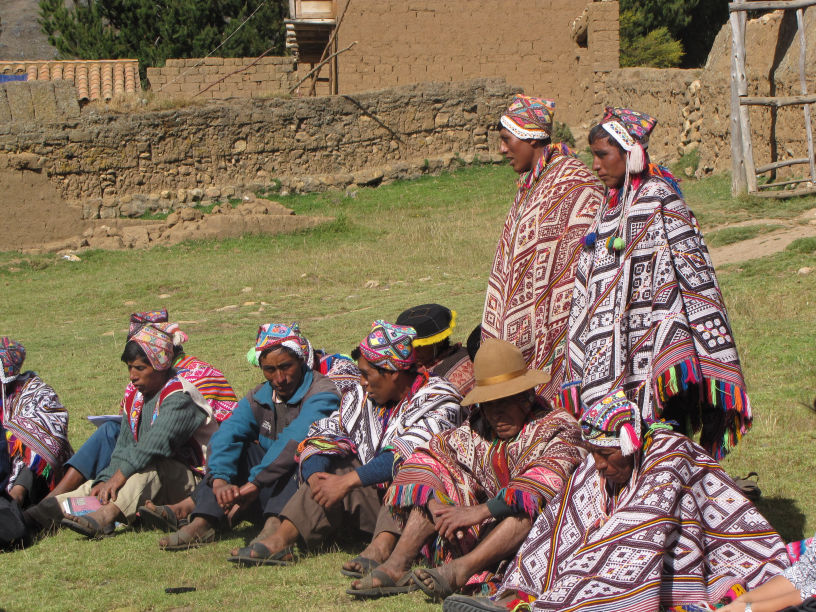
Participatory and Intercultural Approach
Working with Indigenous Peoples must be grounded in an approach where Indigenous Peoples' knowledge, and associated ways of learning, creating, innovating and transmitting knowledge are given equal value and consideration as scientific or other types of knowledge. When collaborating and creating projects with people of different cultural backgrounds, participatory methods must apply an intercultural approach. Such an approach is based on an understanding of Indigenous Peoples’ ways of learning, creating, and innovating, and on an appreciation of their languages, worldviews, and cosmogonies. A focus on the intercultural principles of respect and openness to different worldviews facilitates a bridging of Indigenous and non-Indigenous approaches in projects and partnerships. The intercultural approach is increasingly recognized and applied in education and health sectors, particularly in improving health services for Indigenous Peoples (1).
A special focus should be put on creating safe spaces for discussion and ensuring that discussions take place in local language with adequate translation and interpretation. Language, as an integral part of culture, is a fundamental tool to understand and describe the world. Indigenous Peoples’ languages and culture play an important role in protecting their rights, wellbeing, knowledge, and identity. Without Indigenous terminology, it is difficult to express Indigenous Peoples’ philosophies, knowledge, and cultural practices and to convey them to future generations.
See resources on participatory and intercultural approach





